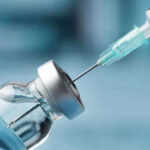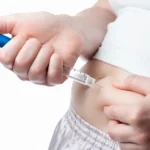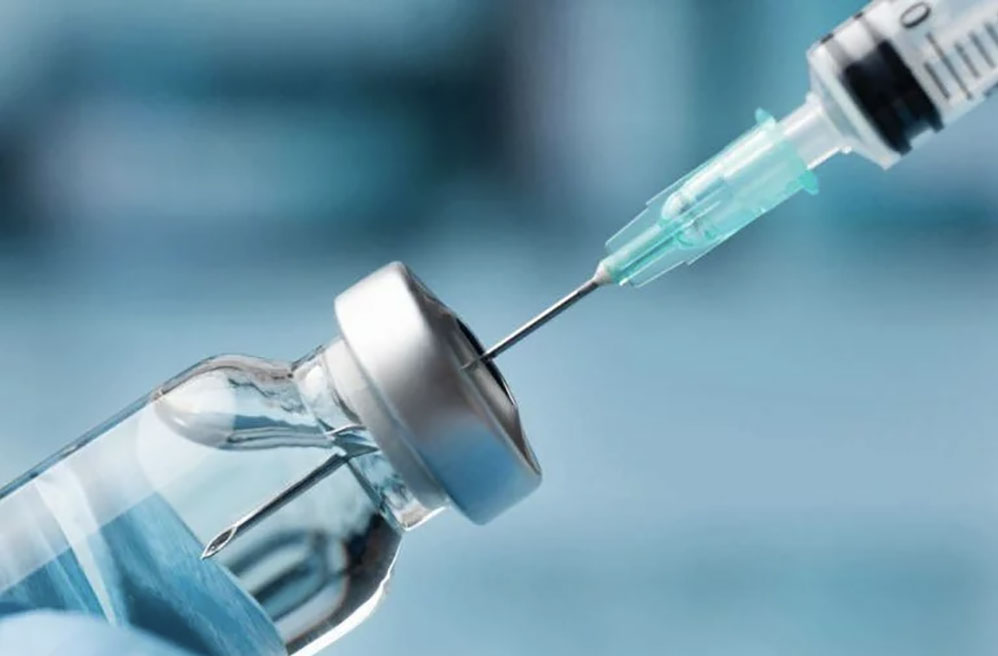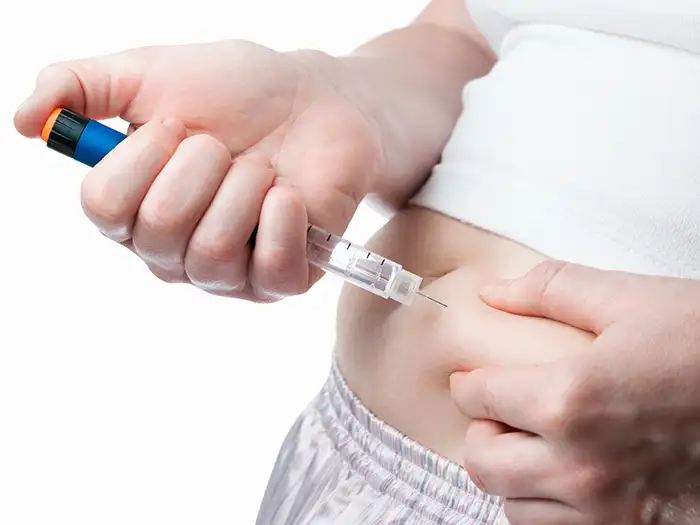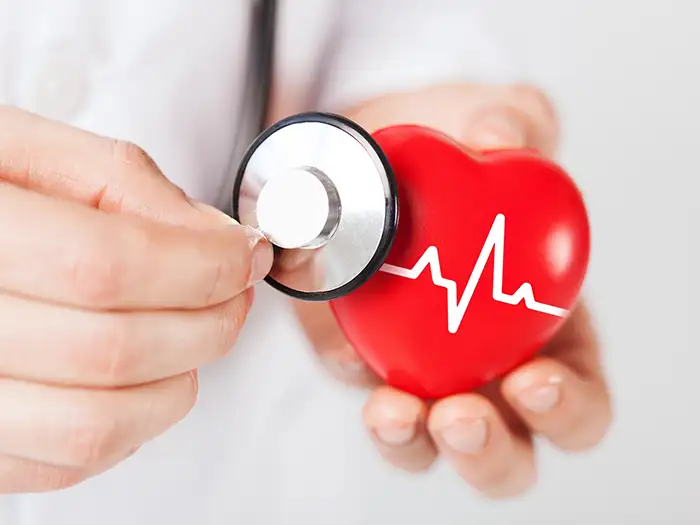Many women experience changes in their libido, or sex drive, as they age due to shifting hormones. This means your sex life will likely look different in your 60s and 70s than in your 30s. However, this doesn’t mean you can’t enjoy sex and intimacy at an older age. Keep reading to understand how women’s libido changes over time and what you can do to enhance your sex drive and maintain fulfilling intimate relationships.
What Is Sex Drive?
Your sex drive refers to your desire to engage in sexual activities. It can manifest as experiencing sexual fantasies or thoughts, feeling sexually attracted toward others or seeking out sexual activities. Sex drive varies significantly from woman to woman and can be influenced by factors such as:
- Daily activities
- Stress
- Physical or mental health
- Religious beliefs
- Media influences
- Culture
- Family or peers
These factors can shape your own personal attitudes toward sex, regardless of what your natural sex drive is. For example, the more positive your mindset is about sex, the greater your sexual desires might be.
How Do Sexual Desires Change for Women?
In general, sex drive gradually decreases with age, but women are more likely to experience a decline than men and usually at a younger age. Reduced sex drive becomes more common for women in their 40s and 50s. After menopause, around 75% of women report feeling a decrease in their sex drive. That said, every woman’s body is different, and your sex drive can ebb and flow during any life stage.
30s
For many women, sex drive peaks in their 30s, resulting in having more sex and being more open to sexual activities early on in a relationship. This is believed to be caused by the body’s biological clock, since women become less fertile as they age and need to have more sex to get pregnant.
40s
That increased sex drive from your 30s may carry over into your early- to mid-40s until you enter perimenopause, the transitional period before full menopause. During this transition, estrogen levels begin to decline, resulting in night sweats, hot flashes and vaginal dryness that can interfere with your sex drive.
50s
Menopause continues into your 50s, which may cause an even bigger decline in your sex drive. You may experience weaker orgasms and reduced sexual functioning. However, this doesn’t mean it’s impossible to maintain a fulfilling sex life. Lifestyle changes and hormone treatments can boost your libido.
60s and Beyond
Once you enter your 60s or 70s and menopause ends, lowered sex drive or pain during sex from vaginal dryness may still linger. Hormone treatments boosting your estrogen levels can also be helpful during this time. That said, many women get to know their bodies better as they age, which can lead to more satisfying sexual experiences later in life.
Factors Contributing to Decreased Libido
A primary cause of low libido in women is decreased estrogen levels that occur during menopause. Other factors, including mental or physical health, certain medications and lifestyle habits, can also affect your sex drive.
Mental Health Issues
Mental health issues impacting your happiness and well-being can lower your sex drive. Research has found women aged 40 to 55 are at a higher risk for depression due to hormonal changes from perimenopause or menopause. During this age range, many women experience greater losses, such as their children moving out or losing loved ones, which can negatively impact their mood. Other common mental health challenges include:
- Anxiety
- Past traumatic experiences
- Relationship changes
- Grief
Get Your Libido Back
Medication
Certain medications are known to cause low libido and can make it harder to become sexually aroused. These medications include:
- Selective serotonin reuptake inhibitors (SSRIs)
- Antipsychotics
- Blood pressure medications, including diuretics
- Opioids
- Seizure medications
- Chemotherapy drugs
Lifestyle Habits
Leading a healthy lifestyle can help you maintain sexual arousal. Core components of a healthy lifestyle include exercising regularly, eating nutritious foods, getting enough rest and limiting alcohol and drug use. This last one is particularly important because drugs and alcohol can impair your body’s natural functions. By engaging in healthier practices, your overall mood and confidence may increase, which can boost your libido.
Chronic Illness
Symptoms of certain chronic illnesses and the medications used to treat them can also lower your libido. These health conditions can include:
- Chronic kidney disease
- Chronic pain
- High blood pressure
- Cancer
- Rheumatoid arthritis
- Heart disease
- Headaches
When Should You Be Concerned About Low Libido?
Many women who experience low libido during menopause don’t feel it impacts their quality of life or sexual health. However, others may find this life change distressing, making it hard to connect with themselves and their sexuality. Some women may worry about how low libido is affecting their sexual or romantic partner and become frustrated if it weakens or disrupts the relationship.
If you believe low libido is affecting your quality of life and ability to maintain healthy relationships, reaching out to a doctor can help. A doctor may be able to pinpoint what’s causing your lowered sex drive and provide treatment suggestions.
How to Increase Your Sex Drive
The best way to increase your sex drive depends on what’s causing it to decrease. For example, changing medications, learning stress management techniques or speaking with a therapist can help if your low libido is due to a physical or mental health condition. For relationship issues, speaking openly with your partner can address underlying problems impacting your sexual or romantic relationship. This can boost your intimacy and physical affection with each other, resulting in a healthier connection.
However, if you’re experiencing menopause, you may want to consider hormone replacement therapy. This type of therapy replaces the estrogen in your body lost during menopause and can relieve frustrating symptoms such as hot flashes and vaginal dryness. By eliminating these effects, many women feel a boost in their libido and can resume a normal sex life without the pain often associated with vaginal dryness.
Hormone therapy can also help with other conditions, including heart disease, colon cancer, dementia and stroke, improving your overall health and well-being. When your health is in good shape, your libido may naturally increase, helping you lead a fulfilling sexual lifestyle.
Speak With a Hormone Expert
If you believe hormone replacement therapy may be right for you, Hormonally Balanced is here to help. Hormonally Balanced is a women’s health clinic in greater Boston specializing in helping women navigate their midlife concerns and sexual health.
We understand how frustrating decreased libido and other menopause symptoms can be. Our individualized approach to hormone therapy is designed to meet your body’s specific needs based on your symptoms, age and medical history. Contact us today to learn how hormone therapy can boost your libido and help you get your sex life back.

